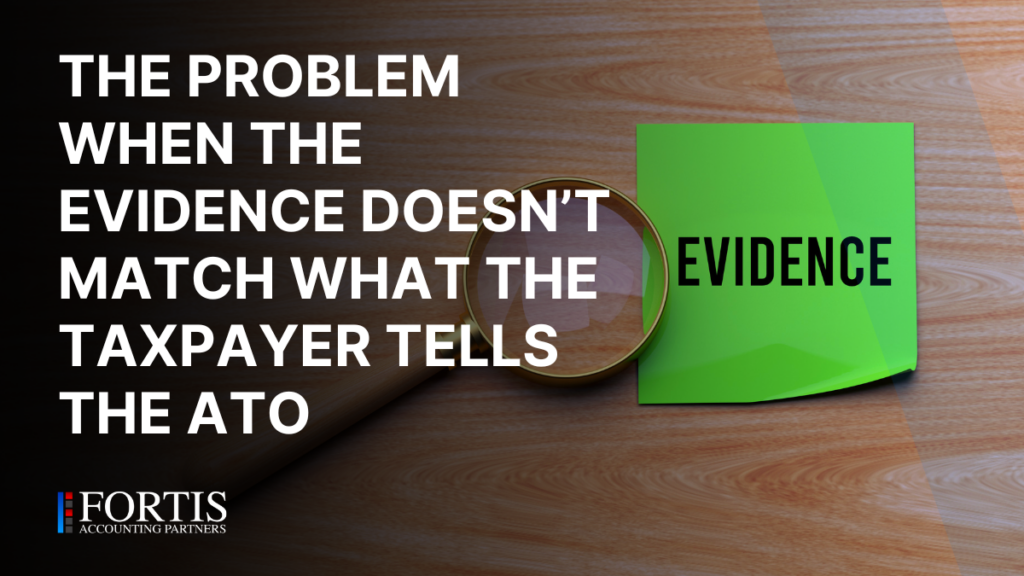
A recent case before the Administrative Appeals Tribunal (AAT) highlights the importance of ensuring that the evidence supports the tax position you are taking.
The case involves heritage farmland originally purchased for $1.6m that sold 7 years later for $4.25m and the GST debt that the ATO is now pursuing on the sale.
In 2013, the taxpayer purchased Sutton Farms in Western Australia – 1.47 hectares consisting of an uninhabitable homestead, large barn and quarters.
Over the course of 7 years, the taxpayer rezoned the property, obtaining conditional subdivision approval to subdivide the property into four lots with plans for a further subdivision into approximately 15 lots, as well as undertaking sewerage, water and electrical works. The work was supported by a $1m loan from a bank and a further $1.5m from his brother-in-law.
While the property was never used for this purpose, the taxpayer’s stated intention was to use the property as their home, gift the subdivided lots to his daughter and son for use as their own respective residences, and use the last subdivided lot as a memorial dedicated to another child who had passed away.
Without being subdivided, the property was eventually sold at a profit as a single lot in 2020 for $4.25m.
When the ATO audited the transaction and issued an assessment notice for GST on the sale transaction, the taxpayer objected. The taxpayer’s argument was that Sutton Farms was intended to be used as a family home and the subdivision application had no commercial purpose. Therefore, GST should not apply as the sale was not made in the course of an enterprise.
However, there were a number of factors and inconsistencies working against the taxpayer’s argument:
- Local media articles that outlined the taxpayer’s plan to commercialise the property, “with the plans to lease it out as a restaurant, wine bar or coffee house, turn the barn into an art studio and add 8 – 10 finger jetties in the canal adjacent.”
- Statements made to the ATO during the objection stage of the dispute indicating that the taxpayer intended to subdivide the property to sell some of these lots to repay loans owed to the taxpayer’s brother-in-law; and
- GST credits were claimed on the original development costs. The taxpayer’s accountant also made representations to the ATO stating that the GST credits were claimed because the intended subdivision and sale of the several lots within the property amounted to an enterprise.
The problem for the taxpayer is that although he did not develop the property in the way he originally intended and ended up selling the property as one lot, through the ownership period he acted as if the project was a commercial venture with a stated commercial outcome.
The importance of objective evidence
Determining the tax treatment of a property transaction can sometimes be a difficult exercise and there are a number of factors that need to be considered. This will often include the intention or purpose of the taxpayer when acquiring a property. However, merely stating your intention isn’t enough, it needs to be supported by objective evidence. This might include loan terms, correspondence with advisers and real estate agents, the way expenses have been accounted for, or the conversation you have with a journalist.